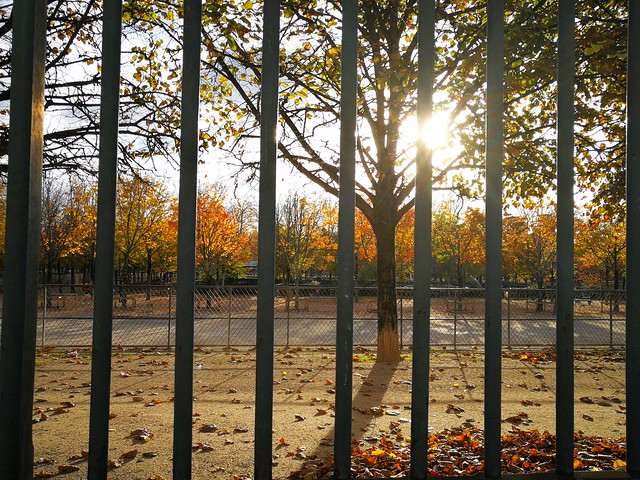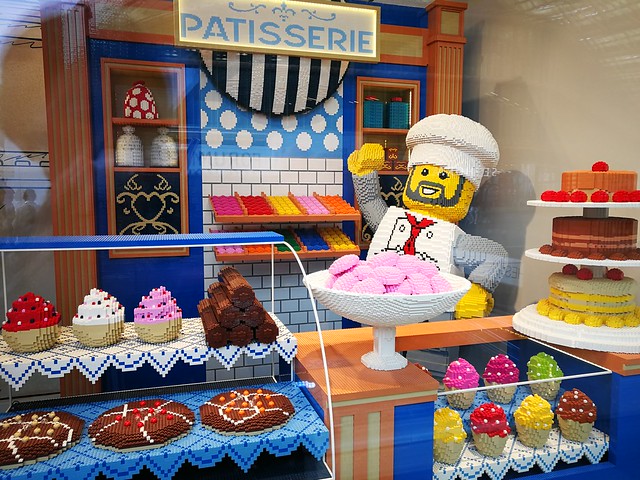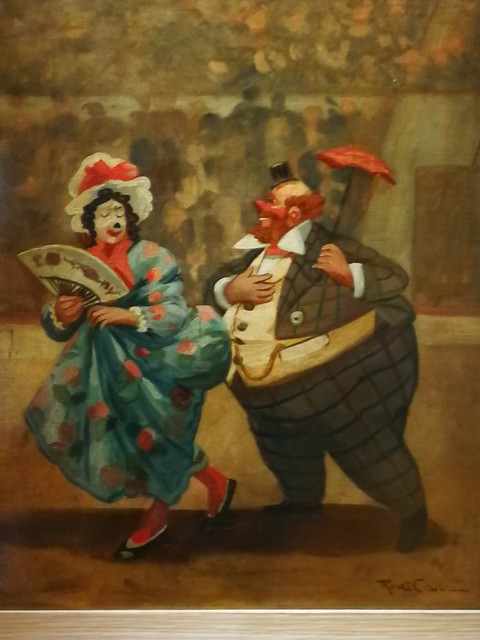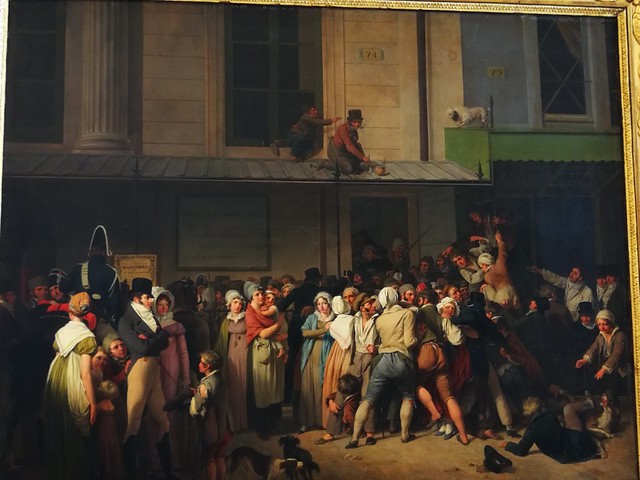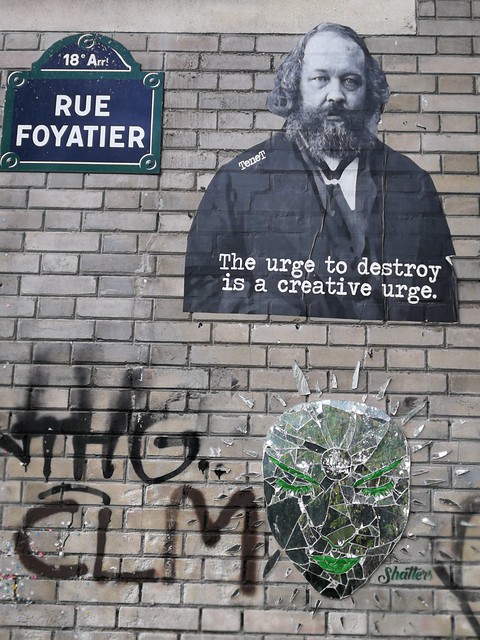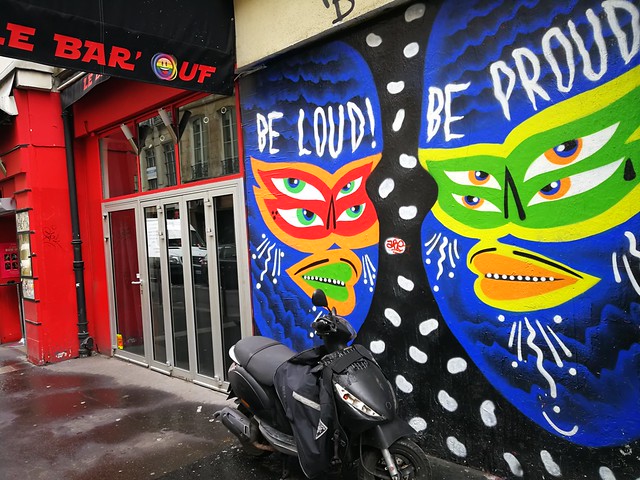One of the friends I caught up with at the weekend is a therapist who has just published a book titled Kind Man, Strong Man.
I bought it for my Kindle and read much of it last night. It is about violence in men towards their intimate female partners. The author – Eric Hudson – worked for five years providing emotional support at the Royal Commission into Institutional Responses to Child Sexual Abuse.
From my reading, his book is about attitudes and values that contribute to a society in which women are not respected or treated as equals. The question of physical violence is often irrelevant.
Hudson says: ‘I remember so clearly the moment when a woman said to me, “You know, he has never hit me, never laid a hand on me, but there are some times when I wish he would hit me! Because then I would have the bruises on the outside where they can be seen, not on the inside where no-one can see them.”’
The recent commentary about Barnaby Joyce that has resonated most with me has centred around the words ‘power imbalance’. It suggests – rightly or wrongly – that we are dealing with male abuse. In other words, the circumstances in a man’s life where all the women are not respected or treated as equals to men.
I don’t think it is helpful to judge Barnaby, especially in the way the prime minister Malcolm Turnbull did on Thursday. It’s better to focus on a critique of the culture.
We can hope that Barnaby and other influential men will see the reality of how they treat women and act for change. There’s no point in provoking them to try to defend the indefensible.
It is true that Barnaby’s personal choices appear to have caused immense suffering in the lives of the women in his life. But because he is the product of a culture that has little respect for women, the odds are that his actions will reflect that.
I would say that it’s not an exaggeration to suggest that he was schooled to treat women as second class citizens.
It was the same for me. He was a country kid in an all male Jesuit boarding school, St Ignatius College Riverview in Sydney. Just a few years earlier, I was a country kid in another all male Jesuit boarding school, Xavier in Melbourne. For months at a time, we did not have girls around us to relate to as fellow human beings and equals.
Girls were always on our minds, as sex objects. It is not surprising that boys from similar schools graduate to institutions like the infamous St John’s College at the University of Sydney, where the ritual humiliation and abuse of women and less macho men was not questioned until recently. That is the real scandal.
Joyce’s leadership of the Nationals may be no longer tenable, and the Nationals are having to deal with that. But the best thing our political class can do for the long term is to make laws that foster respect for women.
LINK: Kind Man, Strong Man
